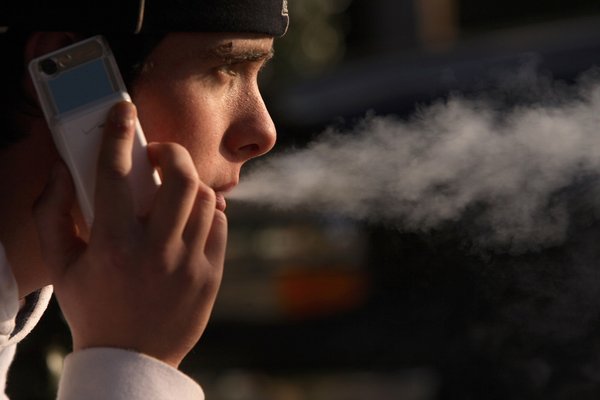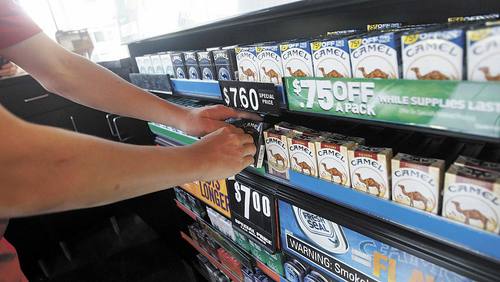North Dakota puts $2,500 in anti-smoking funds toward Fargo pride festival
By: Kyle Potter, The Forum, INFORUM
BISMARCK – A division of North Dakota’s health department that aims to help smokers quit is putting $2,500 toward a gay pride festival in Fargo later this summer.
Officials from North Dakota Quits and the health department say they’re trying to target populations with high smoking rates, but it’s raised a question of whether the state should put public dollars toward endorsing a cause – whether it’s a gay pride festival or just trying to get North Dakotans to kick the habit.
Krista Fremming, director of the Department of Health’s Tobacco Control Program, said their $2,500 contribution for this summer’s pride festival is not a simple sponsorship but a means to reach the gay, lesbian, bisexual and transgender population, which is 70 percent more likely to smoke than the general population, according to the Centers for Disease Control.
That contribution covers setting up a booth and handing out brochures, plus advertising in the F-M Pride’s guide and on their website.
“We have a limited budget,” she said. “What we want to do is reach the people who are most in need of our services. It’s not just the LGBT community.” She said other populations targeted include Native Americans, oil workers in the Bakken region and pregnant women who struggle with quitting.
Fremming said they attend 5 to 10 such events a year, such as the Women’s Health Conference in Fargo and an expo for oil workers in Minot.
North Dakota Quits spent about $854,000 on promotion over the last two years – 15 percent of its $3.5 million in expenditures, according to the agency’s budget. Three-quarters of that spending paid for TV, magazine and newspaper advertising to recruit people into quitting smoking.
The remainder of its promotional budget is split between attending events like Fargo-Moorhead Pride and printing informational brochures to hand out and put in doctors’ offices.
ND Quits specifically targets current smokers. A separate state agency focuses on smoking prevention programs and advertising. About $2.6 million of ND Quits’ expenditures cover the direct costs of smoking cessation programs, including the cost of medications.
The agency’s programming is funded with both state and federal money. About $2.3 million of its last two-year budget came from grants from the Centers for Disease Control, which is funded with federal taxpayer dollars. Fremming said the CDC encourages each state to direct some of that money toward outreach and advertising.
North Dakota’s $3.2 million share doesn’t come through general tax revenues, but from a state fund filled with money from North Dakota’s settlement with tobacco companies. The tobacco industry agreed to pay out $206 billion over 25 years to 46 states, including North Dakota, to cover some of the health care costs of smoking. To date, North Dakota has received about $360 million.
But whether they’re from a dedicated state fund or from federal coffers, those are public dollars and that’s the problem, the North Dakota Policy Council’s Zack Tiggelaar said.
Tiggelaar, the group’s executive director, said he supports efforts to encourage smokers to quit, “but is it something that the public and the taxpayers should be funding?” he asked.
“The government shouldn’t be using taxpayer dollars to support specific causes. If the money was completely private and there were no public dollars at all, there would be no issue,” he said.
Rep. Joshua Boschee, a Democrat who represents Fargo in the Legislature and is one of the organizers of this year’s pride festival, said the festival has partnered with other anti-smoking groups in the past. He calls it an “education partnership.”
The festival runs from Aug. 8 through Aug. 11.
“Would we rather the government pays for it on the front end?” to try to curb the negative health effects of smoking, Boschee asked.
“Or do we want to pay for it in the long run when Medicaid and Medicare are covering the costs?”
http://www.inforum.com/event/article/id/406135/



